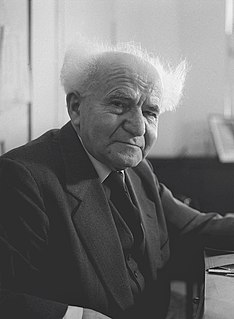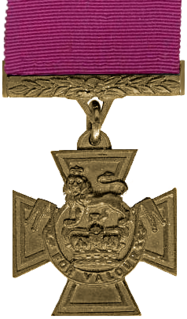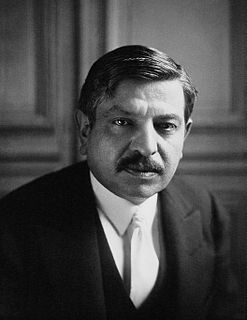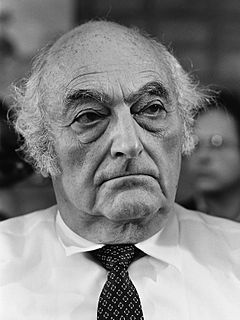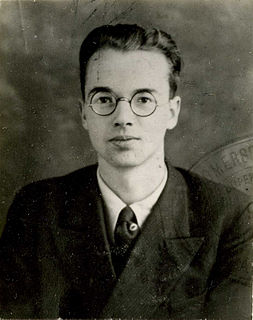A Quote by Barbara Sukowa
I would like people to get a differentiated historical view of Germany.
Related Quotes
German dominance in the EU is a fact of life. But for historical reasons, it would be the last country to be swept away by a populist wave. And one thing is certain: If Germany goes down, Europe goes down, and with it all the values which we thought are worth living for. Germany has to be the champion of these values.
I would like to get out to the region in the Caspian sea. I would like to go there. I would like to get to Darfur. I would like to get to Khartoum in Northern Sudan. I would like to get to Zimbabwe. I would like to go back to North Korea, if I could. I would like to go to Yemen. I would like to get to Kashmir. Most of those destinations I will get to.
Cultural concepts are one of the most fascinating things about historical fiction. There's always a temptation, I think, among some historical writers to shade things toward the modern point of view. You know, they won't show someone doing something that would have been perfectly normal for the time but that is considered reprehensible today.
[Mikhail] Gorbachev said that he would agree to the unification of Germany, and even adherence of Germany to NATO, which was quite a concession, if NATO didn't move to East Germany. And [George] Bush and [James] Baker promised verbally, that's critical, verbally that NATO would not expand "one inch to the east," which meant East Germany. Nobody was talking about anything farther at the time. They would not expand one inch to the east. Now that was a verbal promise. It was never written. NATO immediately expanded to East Germany.
We became enthralled with the view that wealth trickled down from the top and that if you poured money into rich people, sort of like an ingredient, prosperity and jobs would squirt out of them like donuts. And if you understand economies in the 19th-century way, that view is plausible, and I think a lot of people accepted it.









